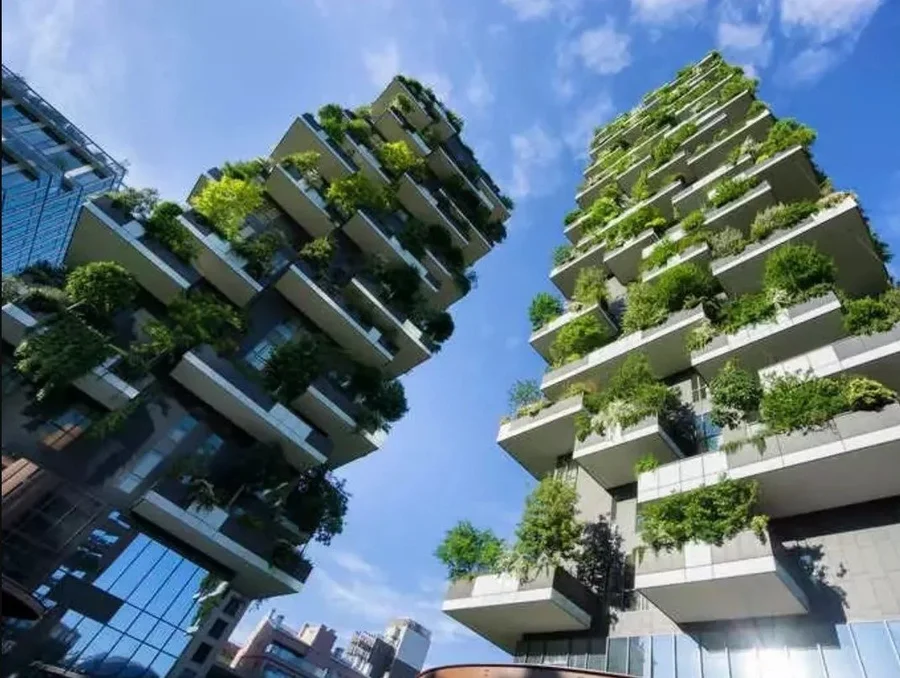BRE, GBCA, SGBC, USGBC and Alliance HQE-GBC aim to extend sustainable funding to lower-performing buildings in decarbonisation push.
A coalition of international green building organisations has launched an initiative to expand access to sustainable finance for the global building sector.
The group, which includes the Building Research Establishment (BRE), a UK-based building science centre, aims to address the financing gap between high-performing green buildings and the broader building stock.
The coalition’s report targets the estimated 75% of lower-performing buildings that have yet to adopt sustainable practices. By expanding access to green finance, the initiative seeks to accelerate decarbonisation efforts across the building sector, which accounts for approximately 21% of global greenhouse gas emissions.
Jane Goddard, Deputy Chief Executive of BRE, says: “Bridging the gap between high-performing and underperforming buildings is essential to achieving our global decarbonisation goals.
“This report underlines the importance of inclusive investment strategies that unlock capital for the majority of buildings, ensuring that no part of the built environment is left behind.”
Systemic transformation in green building finance
The report outlines three key recommendations to make sustainable finance more inclusive and effective for the building sector.
Firstly, it calls for policy frameworks and a revised taxonomy to direct investment towards underperforming buildings. This approach suggests performance-oriented criteria suited to various building types to ensure investment reaches all buildings.
Secondly, the coalition proposes establishing global standards and metrics for decarbonisation that can be applied across different building types and regions. The report argues that a unified approach would help building owners worldwide make measurable environmental improvements.
UK Green Building Council: decarbonisation roadblocks
The UK Green Building Council (UKGBC), an industry-led network promoting sustainability in the built environment, warns that the UK’s built environment remains off track to reduce sector emissions in line with the nation’s net-zero by 2050 target. The sector is responsible for 25% of the country’s greenhouse gas emissions.
Recent research indicates that in the UK, cost has become the primary obstacle to achieving sustainability, replacing the lack of client demand as the main concern in previous years. The UKGBC has urged the UK Government to invest nearly £64 billion over the next ten years for building retrofit projects.
Julie Hirigoyen, Chief Executive at UKGBC, states: “Our research shows that cost is now the biggest barrier to green building in the UK. Significant government investment in retrofit projects is crucial to overcome this hurdle and accelerate the sector’s decarbonisation efforts.”
Other organisations involved in the initiative include:
- The Green Building Council of Australia, which educates industry, government practitioners and decision-makers, and promotes green building programmes, technologies, design practices and operations.
- Singapore Green Building Council, a member-led, not-for-profit industry organisation that advances green building practices and sustainability across the built environment sector.
- The US Green Building Council, which seeks to transform the way US buildings are designed, constructed and operated through LEED, the leading third-party verification system for sustainable structures worldwide.
- Alliance HQE-GBC, the France-based alliance of construction industry professionals that works towards a sustainable quality of life by bringing together unions, professional federations, companies, local authorities and impactful individuals.Alliance HQE-GBC.



